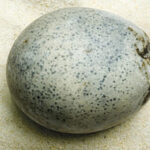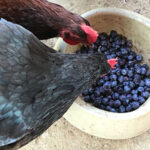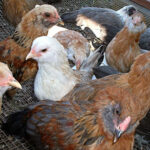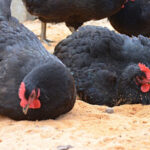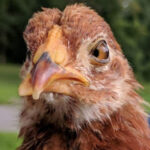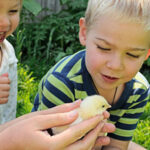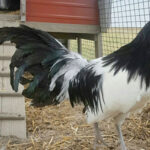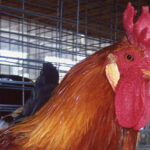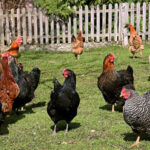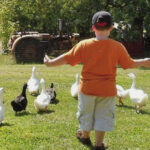
Maybe you already keep chickens or other poultry and are considering adding ducks. Or maybe you’re thinking of starting with ducks as your first foray into the world of poultry. To help you decide whether or not duck keeping is for you, here are some of the benefits of keeping ducks. Ducks are easy to […]
Continue Reading
